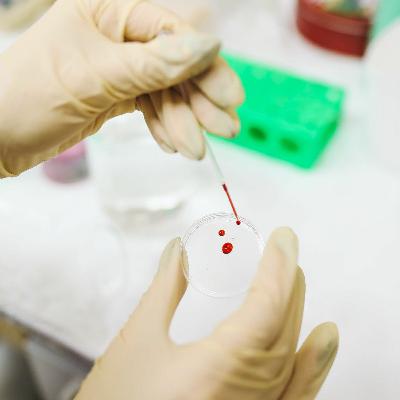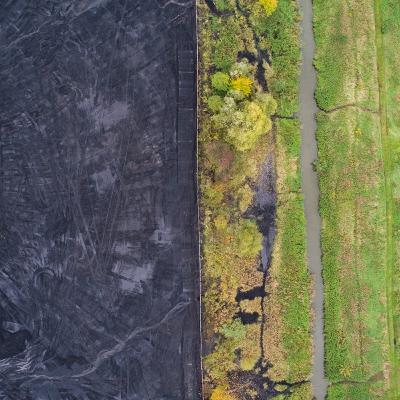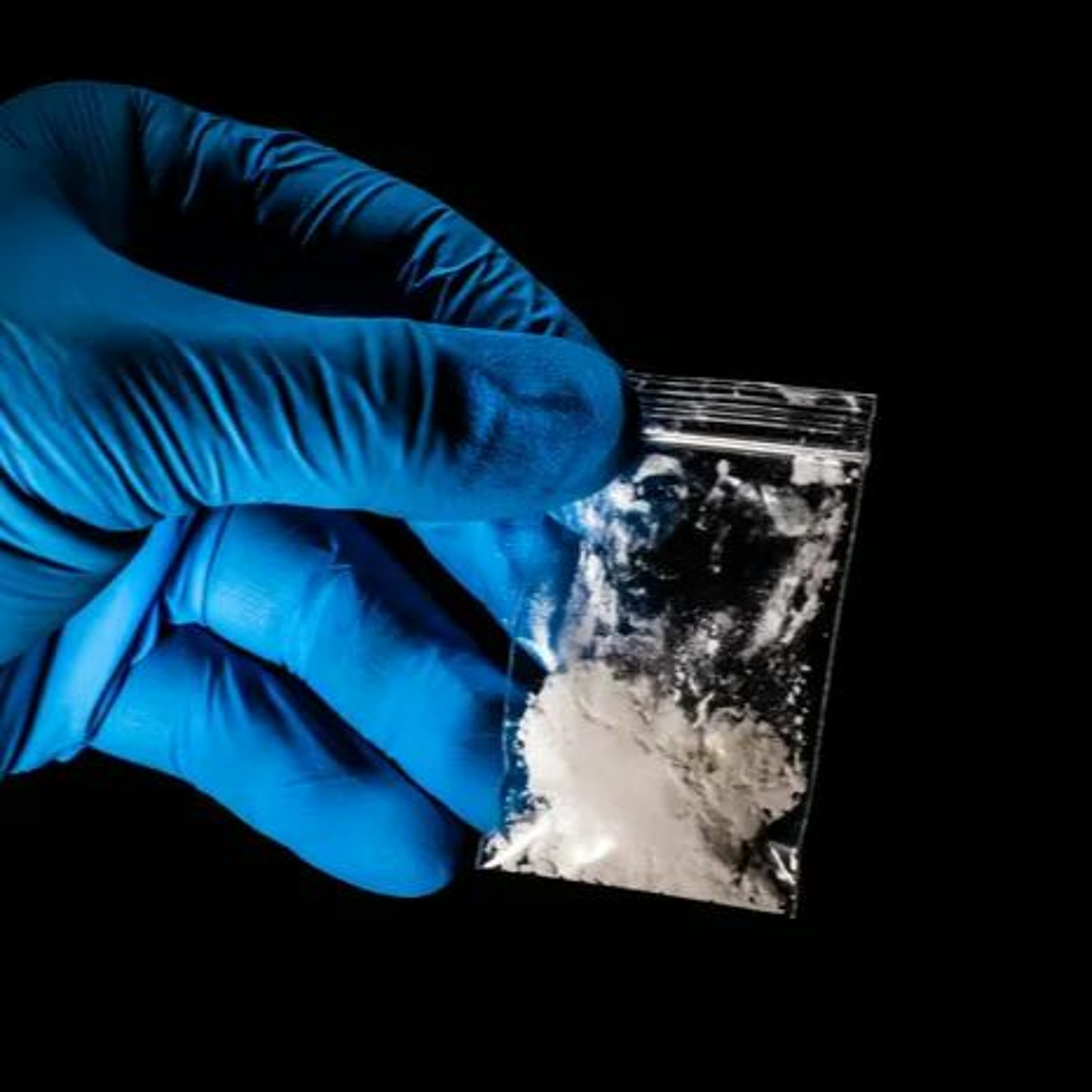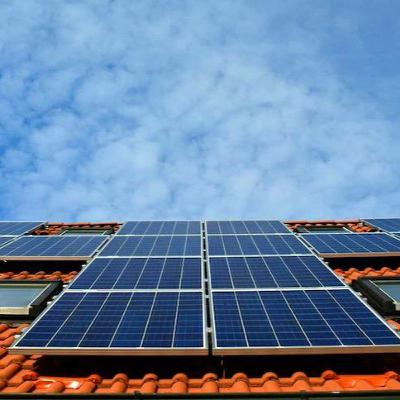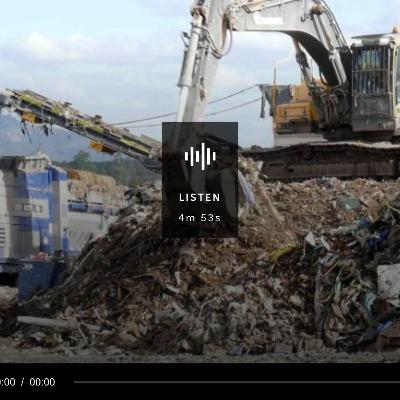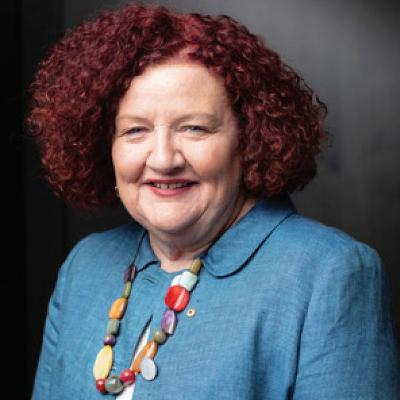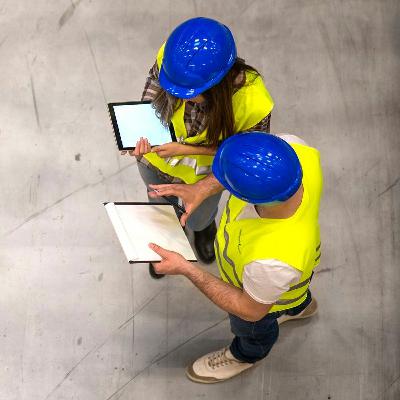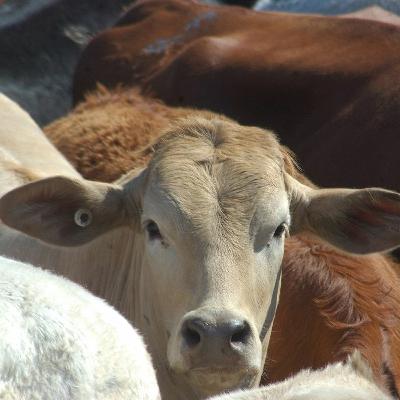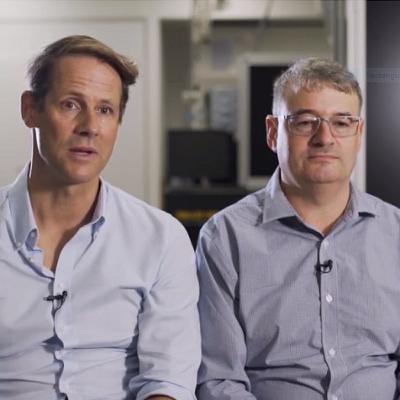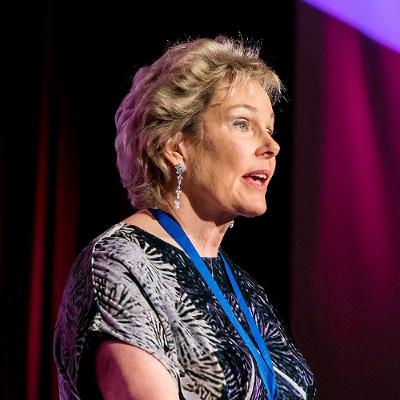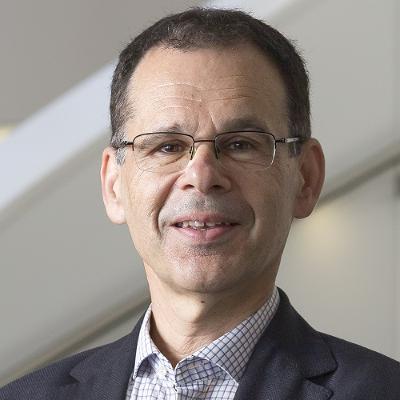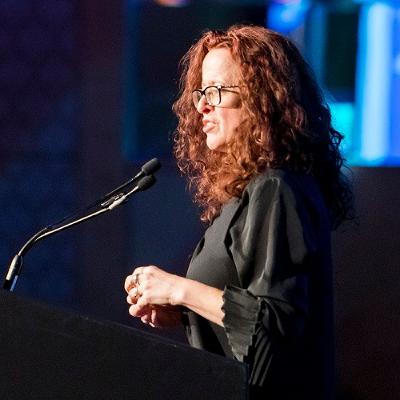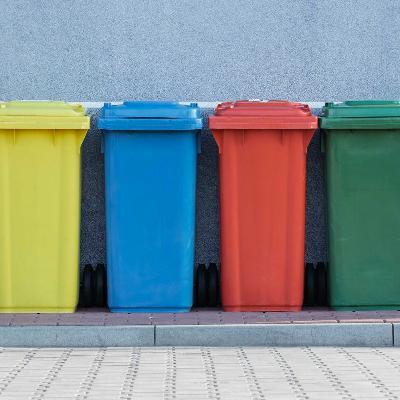Discover Australian Academy of Technology and Engineering
Australian Academy of Technology and Engineering

32 Episodes
Reverse
Most of us know someone whose life has been touched by ovarian cancer: it kills over 100,000 people each year and affects millions more.
But an Australian-invented blood test is giving us revolutionary insights into the differences between separate ovarian tumours. This could lead to life-saving early screenings and new treatments tailored to individual patients.
Dr Jessica Duarte from the Olivia Newton-John Cancer Research Institute and Adjunct Professor Els Meeusen from Federation University have worked with collaborators in Japan to create new ways to understand ovarian cancer at the immunological level.
TechNOW is a podcast about Australian innovations that are shaping the future, thanks to the Global Connections fund – a project run by the Australian Academy of Technology and Engineering and supported by the Australian Government.
Find out more at https://atse.org.au/TechNOW
Australia's 60,000 abandoned mines range from poisoned goldrush-era mine shafts to huge, open-cut wounds on the natural landscape. Many pose grave threats to the health of our community and environment. In developing countries like India, these danger is even worse
But what if we could turn these mine sites back into thriving ecosystems, and deal with a major waste problem at the same time?
Biosolids are the organic matter left over after sewage has been treated. Distinguished Professor Andy Ball, his team at RMIT and collaborators in India are turning this unapealing into a special kind of charcoal that could revolutionise mine restoration.
And in another incredible innovation, they’re using native plant species to remove toxic contaminants from the environment.
TechNOW is a podcast about Australian innovations that are shaping the future, thanks to the Global Connections fund – a project run by the Australian Academy of Technology and Engineering and supported by the Australian Government.
COVID isn’t the only pandemic threat we face. The infectious disease that killed the most people in 2018 wasn’t malaria or HIV: it was tuberculosis.
Because of antibiotic resistance, a growing number of TB infections can’t be cured by current methods. Rising fever, chest-pain, coughing up blood – without new treatments, this ancient sickness could become a future crisis.
But what if we could treat antibiotic resistant TB with a new drug delivered straight into the lungs by an asthma-puffer style device?
Thanks to new technology developed by Associate Professor Charlotte Conn, her team at RMIT, and their collaborators in India, this dream cure could become a reality.
TechNOW is a podcast about Australian innovations that are shaping the future, thanks to the Global Connections fund – a project run by the Australian Academy of Technology and Engineering and supported by the Australian Government.
The number of Australians who die from unintentional drug overdose continues to rise every year.
Treatment can be complicated because it’s not always known what substance has been taken. And there are new synthetic drugs hitting the streets all the time.
Imagine the benefit of a test that could quickly and accurately identify which drug is present. That's the life-saving tech Professor Shanlin Fu from the University of Technology is making a reality.
TechNOW is a podcast about Australian innovations that are shaping the future, thanks to the Global Connections fund – a project run by the Australian Academy of Technology and Engineering and supported by the Australian Government.
Australia is one of the sunniest continents in the world, so it’s no surprise Australians have embraced solar energy to cut their power bills and slow down climate change. One in-five-homes now have rooftop solar panels.
But all that extra energy being fed into the grid can be tricky to manage. Our infrastructure wasn’t built for electricity to move in two directions. It’s not impossible for electricity to flow backwards, but it must be managed or transformers can become saturated.
Dr Elizabeth Ratnam and Associate Professor Lachlan Blackhall have come up with a revolutionary new way of better monitoring power flow through electricity grids.
TechNOW is a podcast about Australian innovations that are shaping the future, thanks to the Global Connections fund – a project run by the Australian Academy of Technology and Engineering and supported by the Australian Government.
Once the stuff of science fiction, Carbon Dioxide lasers are now crucial to soft-tissue surgery and next gen manufacturing.
But a laser is only as good as the glass fibre that carries it.
Professor Heike Ebendorff-Heidepriem is deputy director at the Institute for Photonics and Advanced Sensing at the University of Adelaide.
Professor Heike Ebendorff-Heidepriem from the University of Adelaide is developing a revolutionary new type of glass fibre to make the laser beams more efficient.
TechNOW is a podcast about Australian innovations that are shaping the future, thanks to the Global Connections Fund.
High blood sugar can injure nerves and blood vessels throughout the body. And the first nerves to be affected tend to be the smallest ones, furthest away from the spinal cord – those that stretch to the toes and feet.
That nerve damage is called diabetic neuropathy and it can cause a tingling in the toes or a constant burning feeling in the feet. It can be sneaky too and completely rob the feet of their ability to sense pain.
But Dr Anna Hatton has come up with a way of making shoes high tech to help a diabetic better negotiate the road ahead.
TechNOW is a podcast about Australian innovations that are shaping the future, thanks to the Global Connections Fund.
Heart disease is the leading cause of death in Australia. It claims 21 lives every day. Those who do survive heart attacks can take months to recover.
That’s where Associate Professor Nicole Freene comes in. She's developed an app-based exercise program designed to improve the health of older people at risk of a repeat heart attack.
TechNOW is a podcast about Australian innovations that are shaping the future, thanks to the Global Connections Fund: a project run by the Australian Academy of Technology and Engineering and supported by the Australian Government.
Find out more at atse.org.au/TechNOW
On RN Breakfast with Hamish Macdonald
Australia faces a critical challenge in the future management of our waste. New forms of waste are set to increase, including e-waste, solar PV panels, and batteries. Advanced technologies and engineering solutions have the potential to divert valuable resources from landfill.
Recycling, reuse, remanufacturing and refurbishment of products can create a closed system, minimising waste.
Economic benefits of a waste management industry include job creation (for every 10,000 tonnes of waste recycled, 9.2 jobs are created) and it has been estimated a recycling plant could bring up to $166 million in net gain to Victoria alone over the coming decade.
This project delivers an objective, evidence-based, expert assessment of Australia’s readiness to develop a leading-edge waste and resource recovery sector based on innovation and technology by 2030, along with targeted policy and research recommendations to support this transformation.
The investigation is part of a major three-year research project examining the technology readiness of Australian industry sectors.
ATSE’s project is providing insights into Australia’s ability to capitalise on opportunities emerging in the digital economy. Future industries will rely on technology like artificial intelligence, robotics, augmented reality, automation, big data analytics and user interfaces, and we are asking the question: Are we ready?
The Australian Academy of Technology and Engineering Annual Oration delivered by Professor Margaret Sheil AO FTSE, Vice-Chancellor and President, QUT (Queensland University of Technology)
Engineer, company director and diversity leader Leeanne Bond talks about breaking down the blokey barriers in the world of engineering. She's also a Fellow of the Academy.
From fire ants to climate change, life can be tough on the farm. Academy Fellow Beth Woods, Director-General of the Queensland Department of Agriculture and Fisheries, talks us through the challenges.
Science can transform our waste into energy and nutrients. We spoke to wastewater expert Professor Zhiguo Yuan about using sewage as a sustainable resource.
Professor Thorsten Trupke FTSE and Adjunct Associate Professor Robert Bardos are the winners of the 2019 Clunies Ross Innovation Award. They explain how their research has transformed the development of solar cells, with their technology sold to almost all leading manufacturers in the solar panel supply chain globally, including the world’s five largest.
Researcher Dr Jane Oppenheim is the 2019 Clunies Ross Entrepreneur of the Year. She talks about how science has laid the basis for both healthy skin and a significant growth in manufacturing jobs.
Professor Anthony Weiss AM FTSE is the winner of the 2019 Clunies Ross Knowledge Commercialisation Award. His invention of synthetic skin has revolutionised the treatment of wounds, ending the need for stitches, as well as generating valuable export income.
As we face the climate emergency, how do we make our cities cleaner and greener? Scientia Professor Deo Prasad weighs in on whether we should build up or out, rooftop solar vs. solar farms, and the secrets of sustainable urban planning. Based at UNSW Sydney, Professor Prasad is a Fellow of the Academy and the head of the Cooperative Research Centre for Low Carbon Living.
Distinguished Professor Genevieve Bell paints a picture of innovation and how it changes lives through the stories of six people. Professor Bell is a Fellow of the Australian Academy of Technology and Engineering and was speaking at the Academy's Innovation and Awards Excellence event in Sydney on 13 June 2019.
Every year, we throw away mountains of mobile phones and other electronic devices. What's the alternative? Scientia Professor Veena Sahajwalla, an Academy Fellow at UNSW, is pioneering microrecyling ... breaking down waste at a molecular level.
In a world awash with plastic waste, Professor Thomas Maschmeyer’s start-up company, Licella, could be a game-changer.
Using renewable energy, Licella completely recycles plastic – saving energy and avoiding pollution.
We talk to Professor Maschmeyer, from the University of Sydney, about this project, batteries that will never catch fire, and how to combine research and entrepreneurship.
Professor Maschmeyer is a Fellow of the Academy, who won the 2018 CSIRO Eureka Prize for Leadership in Innovation and Science.


